How strong is the chemical corrosion resistance of polyethylene packaging material?
2025-04-14
Polyethylene packaging material has strong chemical corrosion resistance, which is mainly due to the stability of its molecular structure. The details are as follows:
1. Tolerance to acid and alkali
Polyethylene can resist the erosion of a variety of acids and alkalis. Whether it is common inorganic acids such as dilute hydrochloric acid and dilute sulfuric acid, or strong alkalis such as sodium hydroxide and potassium hydroxide, polyethylene packaging material can remain relatively stable when in contact with them. This is because the carbon-carbon bonds and carbon-hydrogen bonds in polyethylene molecules are relatively strong and are not easily destroyed by ions or groups in acids and alkalis. For example, in the storage and transportation of chemical products, polyethylene containers are often used to hold dilute acid and dilute alkali solutions, and long-term storage will not cause the packaging to corrode and leak.
2. Stability to organic solvents
Polyethylene also shows good stability in many organic solvents. Common organic solvents such as ethanol, ether, and toluene are unlikely to dissolve or significantly swell polyethylene. This property gives polyethylene a great advantage when packaging products containing organic solvents. For example, in the cosmetics industry, some lotions and perfumes containing organic solvents are often packaged in polyethylene plastic bottles, which can effectively prevent the packaging from being damaged by organic solvents and ensure product quality.
3. Limitations under special circumstances
Although the chemical corrosion resistance of polyethylene packaging material is relatively good, its corrosion resistance will be challenged under some extreme conditions. For example, when encountering strong oxidizing acids such as concentrated sulfuric acid and concentrated nitric acid, polyethylene may undergo oxidation reactions under high temperature, high concentration, and long-term contact, resulting in the destruction of the molecular structure, thereby reducing the performance of the material. In addition, some organic solvents containing halogens such as fluorine and chlorine may also swell or corrode polyethylene under certain conditions.
Overall, under normal use environments and conditions, the chemical corrosion resistance of polyethylene packaging material can meet the packaging needs of most products and provide reliable protection for the products. However, for some special, highly corrosive chemicals, it is necessary to select more suitable packaging materials or perform special treatment on polyethylene according to the specific situation.
1. Tolerance to acid and alkali
Polyethylene can resist the erosion of a variety of acids and alkalis. Whether it is common inorganic acids such as dilute hydrochloric acid and dilute sulfuric acid, or strong alkalis such as sodium hydroxide and potassium hydroxide, polyethylene packaging material can remain relatively stable when in contact with them. This is because the carbon-carbon bonds and carbon-hydrogen bonds in polyethylene molecules are relatively strong and are not easily destroyed by ions or groups in acids and alkalis. For example, in the storage and transportation of chemical products, polyethylene containers are often used to hold dilute acid and dilute alkali solutions, and long-term storage will not cause the packaging to corrode and leak.
2. Stability to organic solvents
Polyethylene also shows good stability in many organic solvents. Common organic solvents such as ethanol, ether, and toluene are unlikely to dissolve or significantly swell polyethylene. This property gives polyethylene a great advantage when packaging products containing organic solvents. For example, in the cosmetics industry, some lotions and perfumes containing organic solvents are often packaged in polyethylene plastic bottles, which can effectively prevent the packaging from being damaged by organic solvents and ensure product quality.
3. Limitations under special circumstances
Although the chemical corrosion resistance of polyethylene packaging material is relatively good, its corrosion resistance will be challenged under some extreme conditions. For example, when encountering strong oxidizing acids such as concentrated sulfuric acid and concentrated nitric acid, polyethylene may undergo oxidation reactions under high temperature, high concentration, and long-term contact, resulting in the destruction of the molecular structure, thereby reducing the performance of the material. In addition, some organic solvents containing halogens such as fluorine and chlorine may also swell or corrode polyethylene under certain conditions.
Overall, under normal use environments and conditions, the chemical corrosion resistance of polyethylene packaging material can meet the packaging needs of most products and provide reliable protection for the products. However, for some special, highly corrosive chemicals, it is necessary to select more suitable packaging materials or perform special treatment on polyethylene according to the specific situation.
You Might Also Like
-
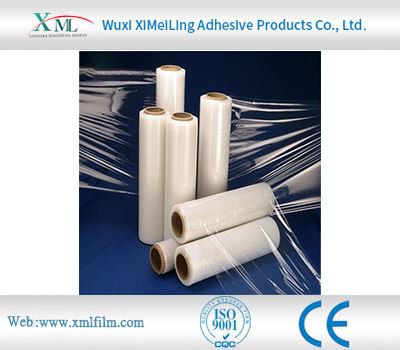
How to Remove Protective Transparent Plastic Film Without Damaging the Surface
-
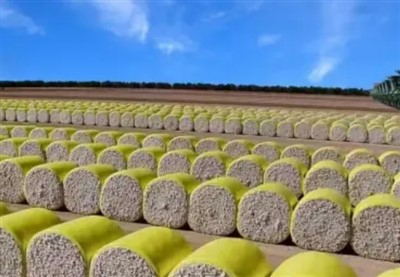
what are the advantages of cotton packaging film
-
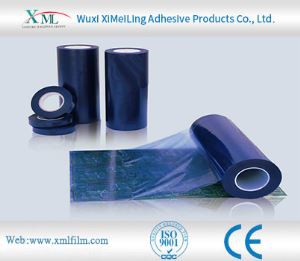
How does pe protective film cope with high temperature environment
-
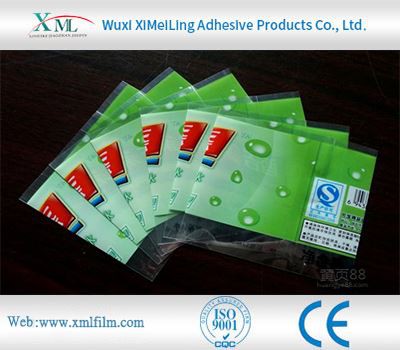
How Polyethylene Packaging Material Copes with High Temperature Environment
-
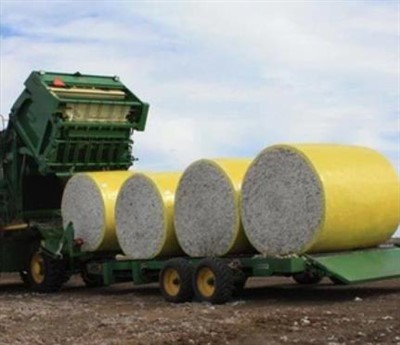
The Advantages of Cotton Wrap Film
-
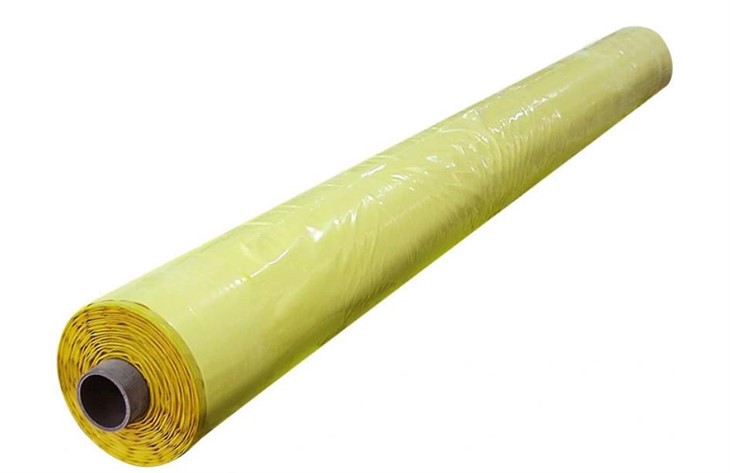
Advantages of Cotton Bale Wrap Film
